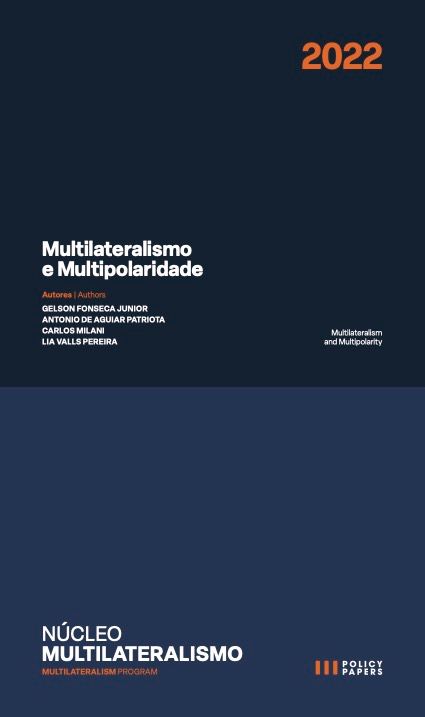
“Brazil is back”
Winning the election was only the first step: the road to restoring Brazil’s image in the world may still be arduous as the new administration attempts to deal with a global recession, war in Europe, and the climate emergency.

Winning the election was only the first step: the road to restoring Brazil’s image in the world may still be arduous as the new administration attempts to deal with a global recession, war in Europe, and the climate emergency.